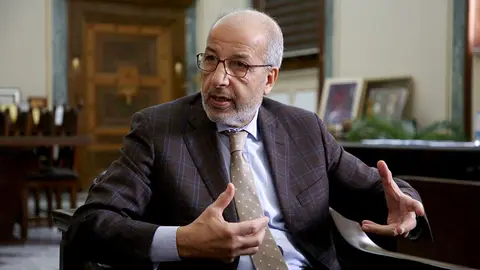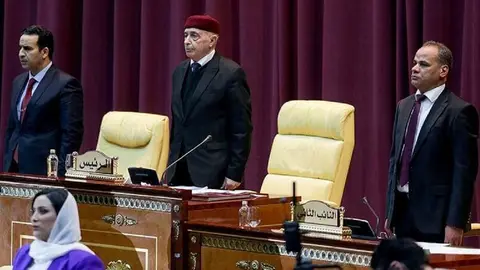The stalemate at the Central Bank of Libya and its serious consequences
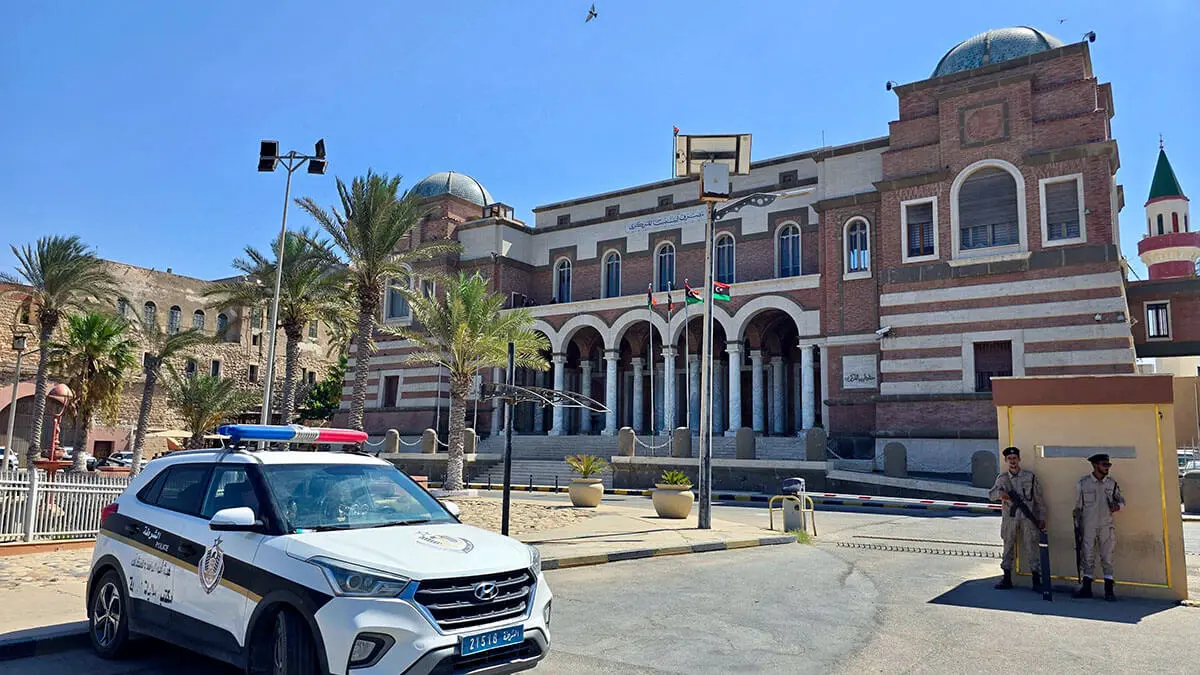
Libya's Presidential Council continues its search for a new Central Bank governor, but the House of Representatives opposes it, which is keeping the situation at an impasse, with the consequences looming.
It has been a month since the Libyan Presidential Council decided to dismiss Al-Siddiq Al-Kabir as the head of the Central Bank of Libya and to appoint a new governor with a new staff. Meanwhile, Council of State member Belkacem Qazit confirmed that the crisis at the Central Bank was created by the government of Abdul Hamid Dabaiba and will not be resolved unless ‘the manipulations practised by the Presidential Council and the Dabaiba government’ cease.
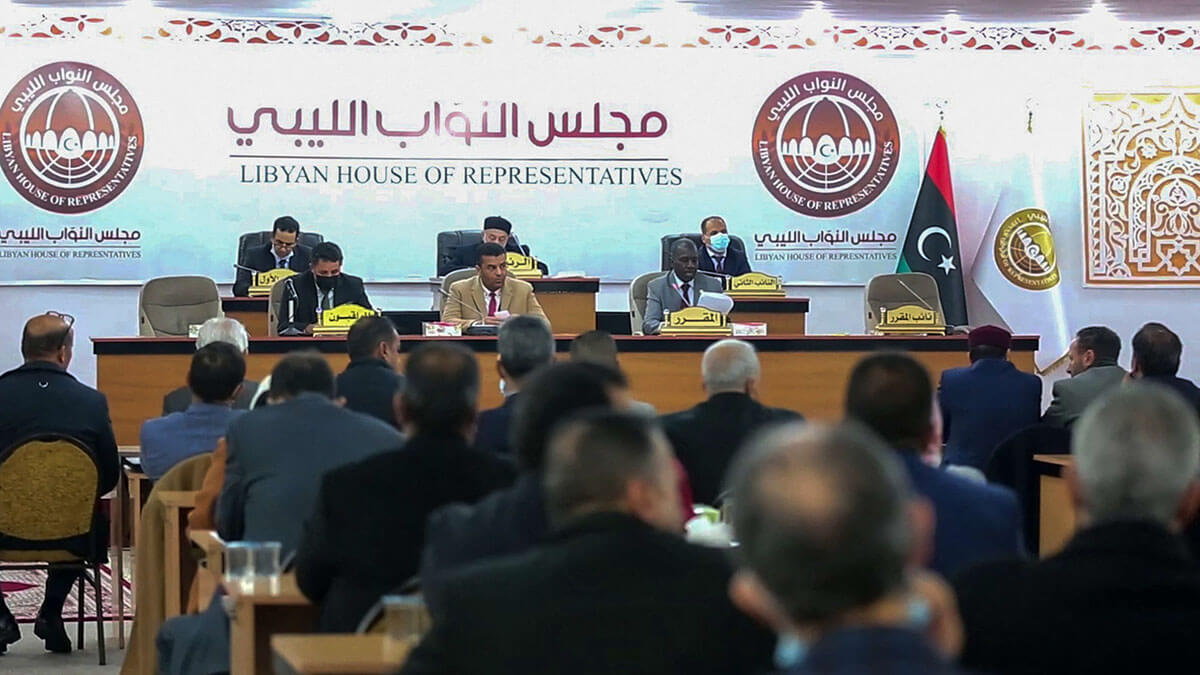
The crisis persists and has not yet been overcome. The lack of understanding between the Presidential Council and the House of Representatives is dragging on and the economic consequences, according to experts, are ‘just around the corner’. In view of this situation, Parliamentary Speaker Aguila Saleh stressed the need for the Council of State to resolve and clarify its position on the Central Bank issue in order to preserve national interests.
Saleh warned that ‘any attempt to paralyse agreements on projects for the development and restructuring of Libyan institutions will be very detrimental to the interests of the Libyan economy’. He stressed that the mission facing the UN is ‘a litmus test because in Libya the issues related to the Central Bank are very complex to solve’.
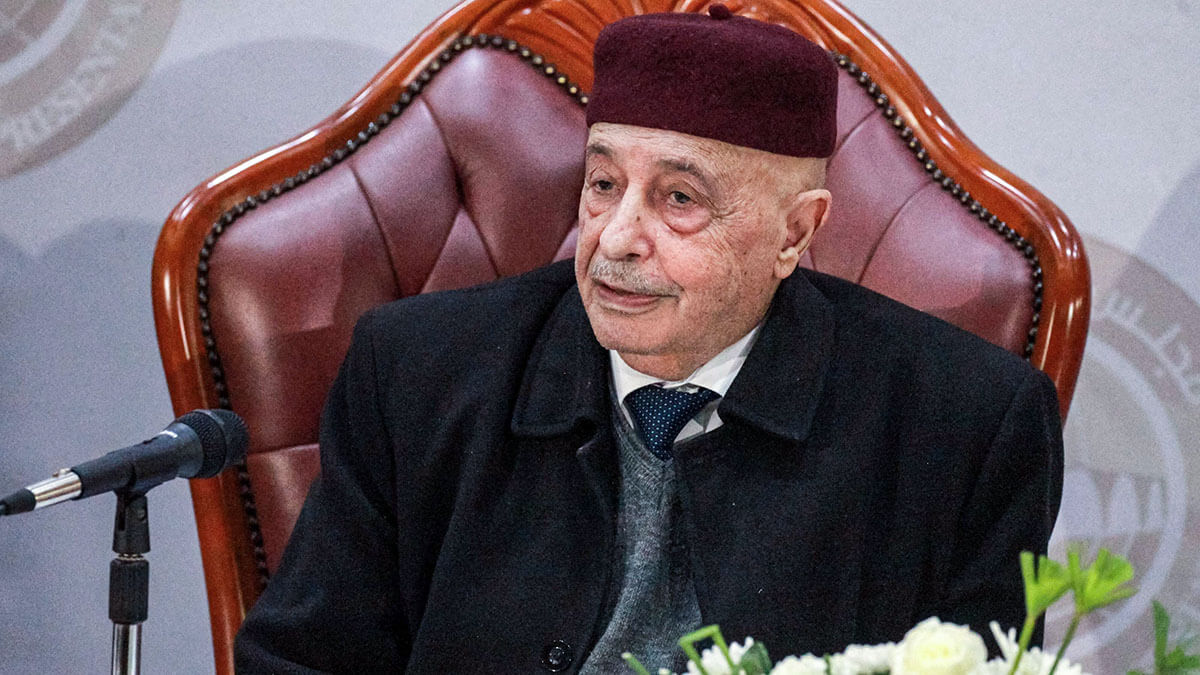
Basically, the UN mission will try to declare the actions taken by the Presidential Council illegal, an act that is very difficult to carry out. At the same time, the return of oil sales flows remains paralysed due to the closure of the oil fields and thus of production and export mechanisms. Since the beginning of the crisis, the shipment of crude oil abroad has been reduced by 81%, which is already affecting the economy of Libyan families.
‘What we tried to avoid in terms of an increase in the exchange rate by fixing the tax was demolished by the Presidential Council with its wrong, non-existent decisions that have no legal effect, and the dollar is on its way to exceed 10 dinars unless the central crisis is resolved and things return to normal,’ added Aguila Saleh, Speaker of the Libyan Parliament.
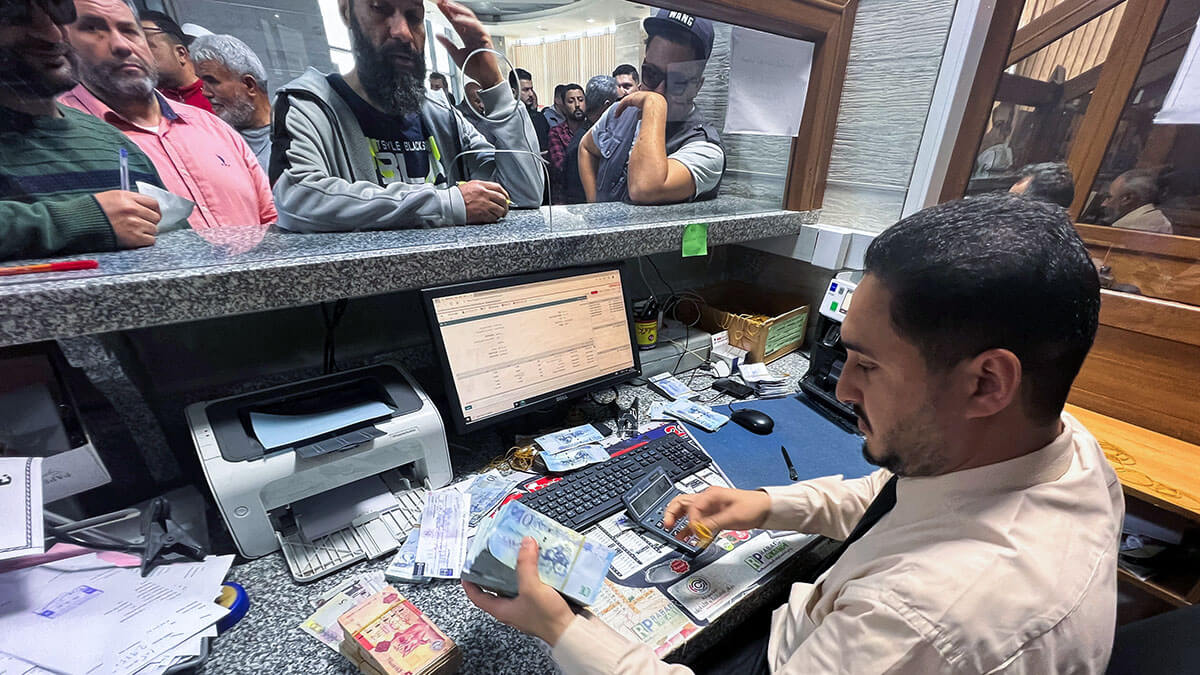
Saleh also wanted to clarify that the, in his opinion, wrong decision issued by the Presidential Council on 19 August regarding the dismissal of the Central Bank Governor, Al-Siddiq Al-Kabir, will show short and long term consequences in relation to restoring the confidence of international institutions in the economic security of the Central Bank. Currently, 29 institutions have stopped cooperating with the Central Bank of Libya.
Oil for food, a real risk
Al-Kabir explained that international governments are not prepared to deal with an executive brought in by a wrong decision, and are aware of the political settlement and the situation in Libya, noting that, if the current situation continues, ‘an oil-for-food scenario is looming in Libya if the Central Bank crisis drags on for a long time’.
According to independent observers, the financial situation in Libya may become difficult in the coming months, but, so far, the oil-for-food deal will not be reached.
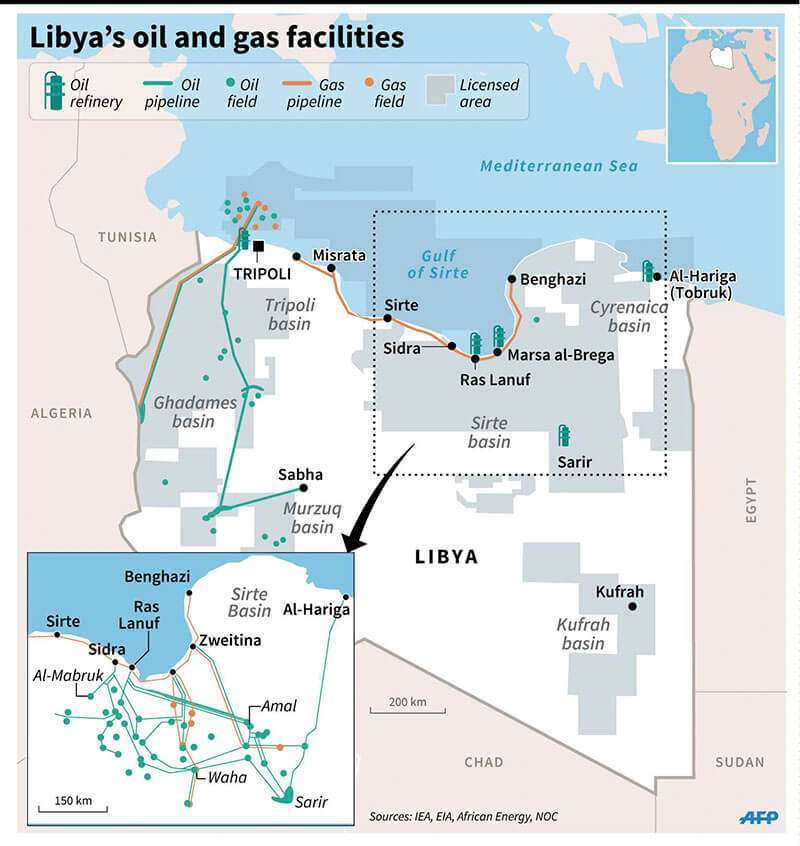
Negotiations with international institutions, regional and Western powers played an important role in the overthrow of Al-Kabir and supported the Presidential Council, which shows that individual interests, in this case, came before state interests.
This position was countered by Ziad Daghim, an advisor to the Presidential Council, who explained that the term ‘oil-for-food’ refers to a beneficiary account system that requires approval by the Security Council or state institutions, which is impossible with Mohamed Yunus al-Menfi as head of state. The possible arrival of oil-for-food will have dire consequences for Libya's economy and society.
Europe looks closely at the critical situation of the Libyan economy
The situation in Libya and its economic paralysis are among the concerns of the European Union, according to a report by the Centre for European Studies. While there has been progress in talks between Libyan factions and an agreement to appoint a Central Bank governor within 30 days, the crisis is still having an impact on the country's politics and economy, exacerbated by the suspension of oil supplies by the National Oil Corporation, the report said.
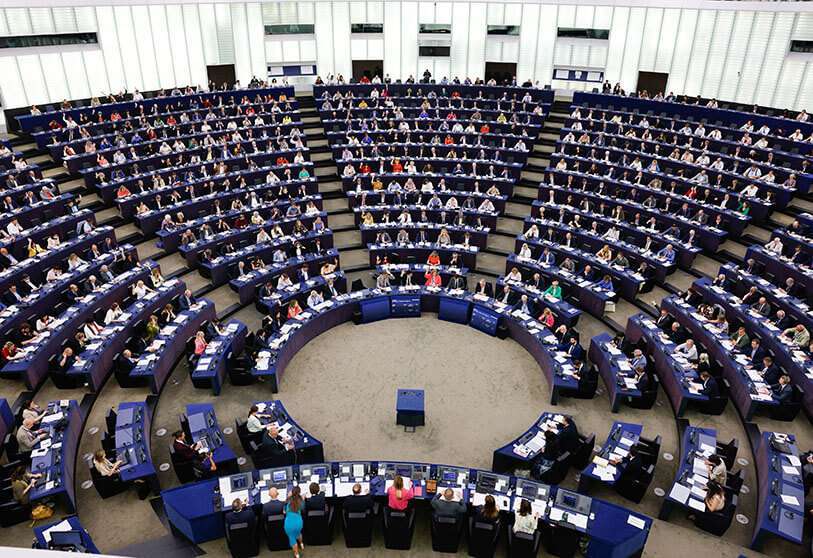
The report noted that resolving the dispute would drive Al-Dabaiba into isolation, as ‘the restoration of oil production and export in Libya is more important’. The document also mentions that the West would exploit the situation for its own benefit. The deal would involve the ousted governor of the Central Bank returning to power in exchange for the dismissal of the Prime Minister in Tripoli, who has made serious mistakes recently.

